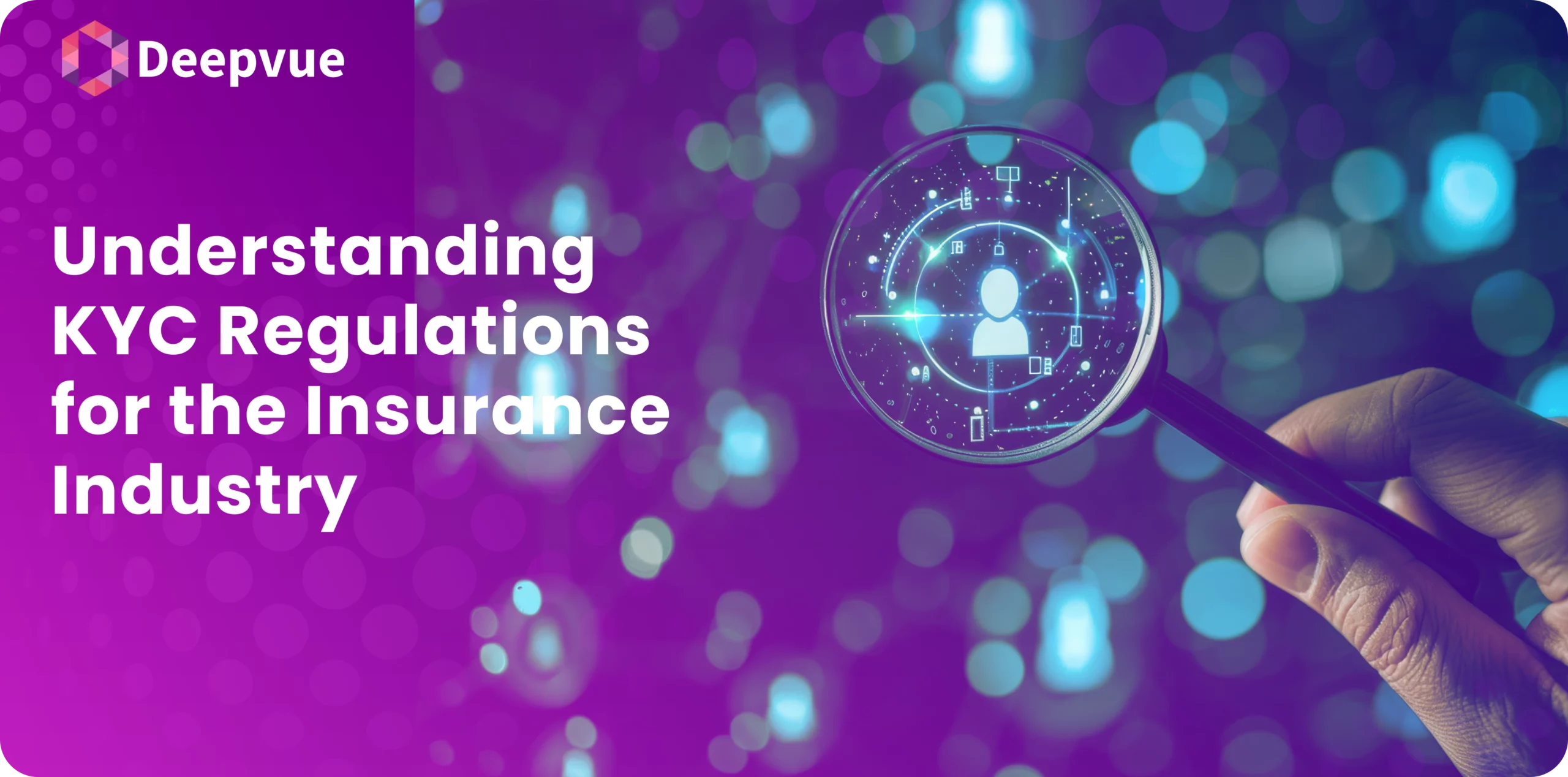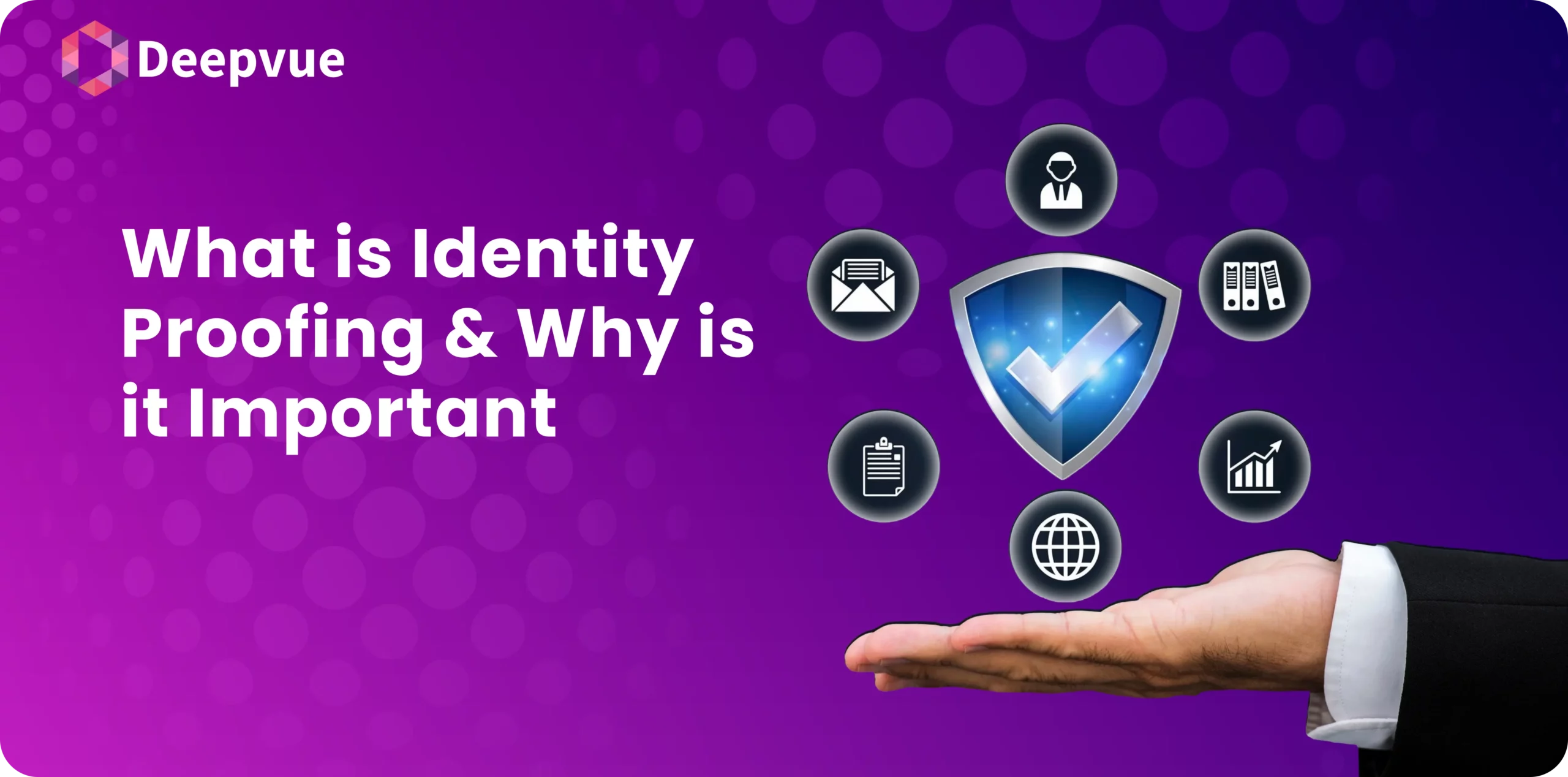Let’s face it—insurance isn’t exactly the most thrilling topic. But when it comes to protecting your hard-earned assets and staying on the right side of the law, it’s pretty important! Now, enter KYC, or Know Your Customer—essentially the insurance industry’s version of a secret handshake. It’s how insurers make sure they’re dealing with real people (and not some fraudster in disguise), while also keeping all the regulators happy.
KYC ensures that only verified, trustworthy customers pass through to claim those policies. For insurers, it’s not just a legal obligation; it’s also a way to sniff out potential risks, build customer trust, and keep shady business out. So buckle up, because we’re about to break down everything you need to know about KYC regulations—and we promise to keep it more exciting than your average paperwork!
KYC: The A-Z of Knowing Your Customer
KYC stands for Know Your Customer. This is the process by which businesses come to know the identity of their clients and weigh the risks of illegal activities, such as money laundering and identity fraud. Though it was initially in the banking industry, the KYC rule has since been extended to other sectors. An insurance firm needs to adhere to the KYC regulation due to two provisions: regulatory and trust among and fraud protection among clients.
The insurance industry is particularly vulnerable to fraud and financial crimes such as money laundering and terrorism financing. Since the value of insurance policies is substantial and personal information constitutes the core element of such policies, it goes without saying that insurance companies need to keep robust processes regarding KYC. Regulatory bodies, such as the Insurance Regulatory and Development Authority of India or the Financial Action Task Force, ensure that the insurers strictly adhere to such regulations.
Why is KYC the Real MVP for Insurers?

KYC regulations play a significant role in protecting the interests of the insurance company and the customer. The following are some of the most significant reasons why insurance industry KYC compliance is quite important:
- Fraud Prevention and Risk Management: The various ways of committing insurance fraud include information falsification, inflation of claims, and money laundering through complex financial structures. Conducting the proper KYC processes would help in identifying suspicious activities before they become business-perturbing issues.
- Building Customer Trust and Transparency: Tightly implemented KYC regulations instill customer trust and build confidence, such as when the insurer takes an active position in checking the identity and protecting their sensitive information. To a customer, knowing that the insurer is adhering to best practices in industry regulatory compliance means being loyal to the company in the long haul and showing promise of a good reputation over time.
- Ensuring Regulatory Compliance and Avoiding Penalties: Failure to comply with insurance industry KYC compliance mandates results in severe fines, legal issues, and reputational damage to a company. The regulatory bodies globally have been aggressive in clamping down on financial institutions, including insurance companies.
KYC Process in the Insurance Sector
A well-structured KYC process in insurance involves multiple steps to ensure that the customer’s identity is authentic and the policy issued does not facilitate illicit activities. Below is a breakdown of the typical KYC process:
- Customer Identification and Verification: Customer identification is the most important primary step of KYC. In this stage, insurance companies collect the following personal details of the customer: name, address, date of birth, and contact information.
- Document Collection and Verification: Typically, the KYC regulations require obtaining certain documents from the customers for identification and residence purposes. An example is India, where customers can be asked to provide a PAN card, Aadhaar card, or voter ID to identify themselves.
- Ongoing Monitoring and Risk Assessment: KYC is not a one-off affair. There is a need for insurance companies to continuously monitor the transactions of their customers so that dubious activities that may emerge later can be identified.
Regulatory Framework Governing KYC in Insurance
The insurance sector operates under a fairly intricate regulatory framework that mandates respect for KYC regulations. For the commentary, some of the essential regulations governing KYC in the insurance sector are summarized below:
- IRDAI Guidelines
In India, the Insurance Regulatory and Development Authority of India (IRDAI) controls the KYC practices under the regulatory umbrella of the insurance sector. The IRDAI Anti-Money Laundering (AML) Guidelines issued in 2013 direct an insurance company to enforce a risk-based approach to KYC, identify customers correctly, and maintain elaborate records.
- Prevention of Money Laundering Act (PMLA)
The Prevention of Money Laundering Act, of 2002, mandates that insurance companies in India report suspicious transactions and maintain customer identification records. This is due to the significance of such a law to prevent monetary laundering use in the issuance of insurance products. Any type of violation may result in huge penalties and lawsuits.
- Global Regulatory Bodies
Other regulatory frameworks that affect the practices of KYC in insurance sectors include FATF and the European Union’s Anti-Money Laundering Directives (AMLD). International regulations by the same principles, which include looking out for customers, risk assessment, and illicit financial activities, identify numerous customers.
Innovative Solutions for Streamlining KYC in Insurance
With the tremendous development of digital technologies, the insurance sector has recently started following innovative solutions with KYC processes. Among such solutions are:
- Role of Digital KYC (eKYC)
Digital KYC or eKYC stands for electronic KYC, which is a paperless digital means of ascertaining identities. eKYC helps the insurer verify the identity of a customer in real time. Its usage would refer to any authenticated database such as India’s Aadhaar database. So, this completely reduces the onboarding time and warrants accuracy in identity verification.
- Use of APIs and Automation
APIs have taken the whole game of KYC completely to a new level. Therefore, today, through APIs-driven solutions, the verification modules of insurers are being integrated with their existing systems. This automates the validation of documentation and accelerates the decision-making process. Automation significantly reduces the time and cost associated with traditional insurance industry KYC compliance, making it easier to onboard customers.
Stay Compliant, Stay Smart with KYC in Insurance
KYC regulation is inevitable for the insurance industry: it will prevent fraud, mitigate risk, and ensure regulatory compliance on the part of the insurer. As technology rolls along and the rules change, it becomes imperative to make an agile, proactive, and forward-thinking insurance sector. This sector must meet more challenging demands of compliance with KYC requirements while protecting customer data to promote trust.
Deepvue’s Identity Verification API offers the perfect solution that serves to ease insurance industry KYC compliance. It rapidly checks the identity of customers in a very secure and real-time manner so that any delayed onboarding and fraud will be prevented. With automated document verification and robust analysis features, insurers can streamline their KYC processes, ensuring top-level security, accuracy, and full regulatory compliance—all in a fast and efficient solution.
FAQ:
Why do insurers need KYC?
KYC prevents insurance companies from fraud and risk management. KYC helps insurers detect suspicious activities very early and avoid the possibility of getting penalized heavily through hefty fines or even litigation.
What documents are typically required for KYC in insurance?
Common documents required are government-issued ID proof such as a passport, Aadhaar card, PAN card, address proof, and sometimes even income verification for higher-value policies.
How does digital KYC (eKYC) benefit insurance companies?
eKYC allows insurers to ensure the identity of customers directly through a digital platform, which increases minimal paperwork, faster onboarding, and accuracy in verifying identity.
How does KYC help prevent fraud in the insurance sector?
KYC procedure is a process of identity and background verification performed by the insurer to show high-risk people who can use false claims or money laundering cases.
Is KYC a one-time process for insurance policies?
No, KYC is an ongoing process. The insurer has to update the customer information continuously and monitor the transactions so that the suspicious one falls out from them after the initial verification.








